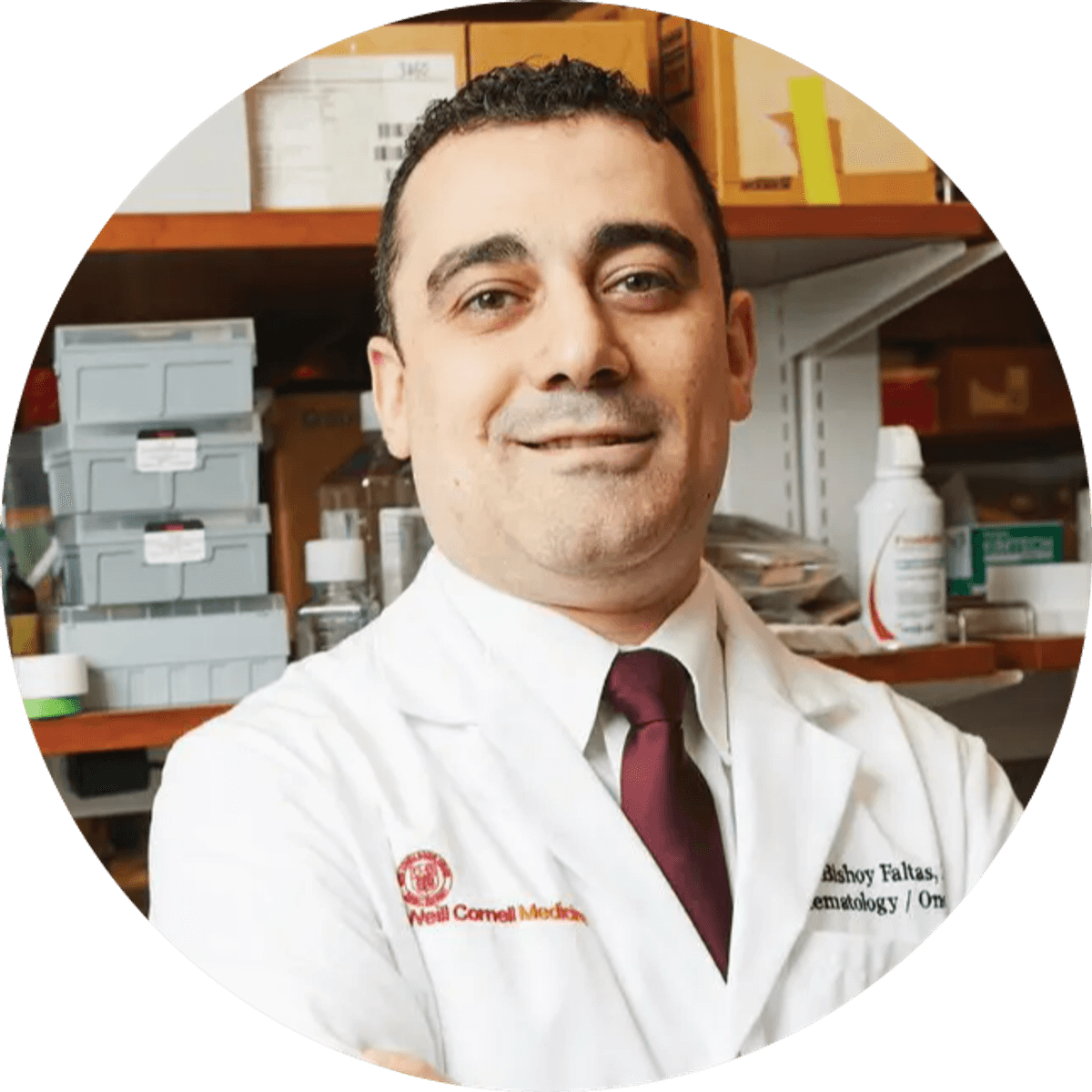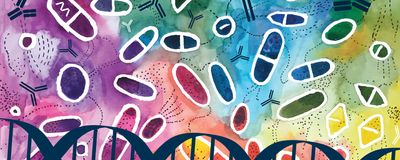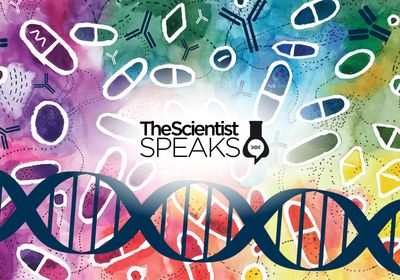ABOVE: Scientists examine the interplay between cancer mutations and treatment resistance to develop more personalized treatment approaches. iStock
Traditional and new cancer therapies often become stymied due to tumor resistance, but why resistance arises and how to avoid it remain important questions in the cancer research field. To uncover the ways tumors form, adapt, and ultimately resist treatment, scientists investigate how genetic mutations arise and drive cancer cell evolution.
In this episode, Deanna MacNeil from The Scientist spoke with Bishoy Faltas, an associate professor of medicine, and cell and developmental biology, and chief research officer of the Englander Institute for Precision Medicine at Weill Cornell, to explore bladder cancer evolution and treatment resistance.
Skipping Toward Resistance: The Gradual Adaptation of Cancer Cells
Understanding the Effects of Extrachromosomal DNA on Cancer
The Scientist Speaks is a podcast produced by The Scientist’s Creative Services Team. Our podcast is by scientists and for scientists. We bring you the stories behind news-worthy molecular biology research.
Speaker:

Bishoy M. Faltas, MD
Chief Research Officer
Englander Institute for Precision Medicine
Associate Professor of Medicine
Cell and Developmental Biology
Weill Cornell Medicine
Click here to download the episode transcript

